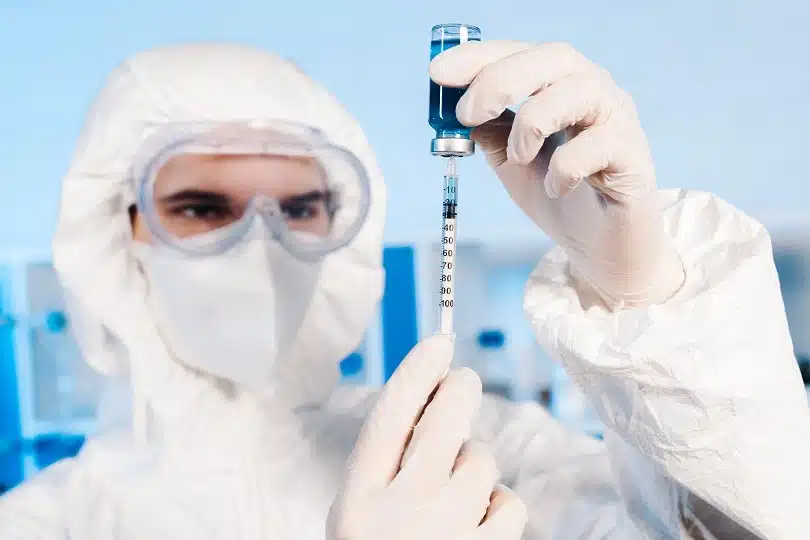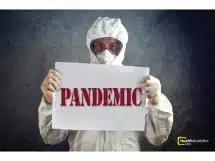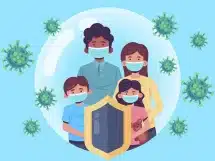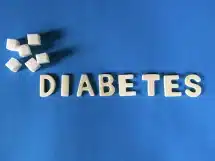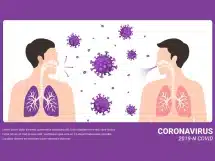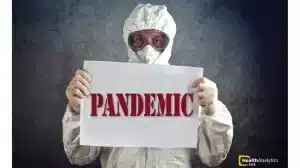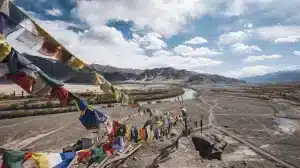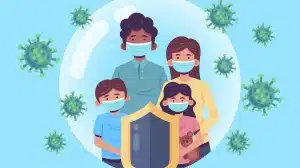There are more than 160 drug candidates in 12 countries, with 26 entering clinical trials. A host of powerful countries, including the United States, China, and Russia are trying to secure and pre-purchase doses of future shots.
By A Ahmad
Intelligence agencies in the United States accuse Russia of resorting to hacking to steal virus vaccine trials. They say the hacking group APT29, also known as Cozy Bear, is attacking academic and pharmaceutical research institutions involved in COVID-19 vaccine development.
On the other hand, Beijing is accusing the US of smearing China after Washington alleged Chinese hackers were attempting to steal research on developing a vaccine against COVID-19. In fact, Chinese Foreign Ministry spokesperson Zhao Lijian has said China is leading in research and development (R&D) for COVID-19 vaccines and other therapies, and any attempt to smear or frame China without evidence is immoral.
In the vaccine, race stakes are very high. Countries look towards their leaders to announce vaccine development and its distribution. People want to get back to their lives. They want to start the economy but COVID-19 is the biggest hurdle and its vaccine is the only road to normalcy.
The WHO has called it ‘vaccine nationalism’.
Vaccine nationalism
As there have been accusations of short-cuts, espionage, unethical risk-taking, and jealousy, the WHO Director-General says, “We need to prevent vaccine nationalism.” He says for this reason, WHO is working with governments and the private sector to both accelerate the science and to ensure that new innovations are available to everyone, everywhere starting with those at highest risk.
Sputnik V
The race had begun much before August 11 when Moscow announced that it registered the first vaccine against COVID-19. Moscow named it Sputnik V.
Currently, there are about 165 different vaccines for COVID-19 being developed around the world. The main types of vaccines include viral vector-based vaccines, virus-based, nucleic acid-based and protein-based vaccines.
Russia says its adenovirus vector-based vaccine was registered by the Russian Ministry of Health on August 11 and became the first registered COVID-19 vaccine in the market.
The announcement created a so-called “Sputnik moment” for the global community.
What is a Sputnik moment? In 1957 the successful launch of the first space satellite by the Soviet Union reinvigorated space research around the world. The new Russian COVID-19 vaccine is therefore called Sputnik V.
According to Russia, at least 20 countries had expressed interest in obtaining the Sputnik V, including the UAE, Saudi Arabia, Indonesia, the Philippines, Brazil, Mexico, and India. However, Dr. Anthony Fauci, one of the most prominent members of the White House’s coronavirus taskforce, has said he “seriously doubt[s]” the Russians had proven their vaccine to be safe and effective. In Moscow, such concerns are dismissed as “jealousy”.
In the US, the Trump administration has been under intense pressure to develop the vaccine. It is an election year the administration is facing severe criticism over mishandling COVID-19.
Operation Warp Speed
The US has named its project to deliver a vaccine Operation Warp Speed. It is a reference to the TV series Star Trek. Operation Warp Speed is a public-private partnership whose goal is to deliver 300 hundred million doses of safe and effective COVID-19 vaccines by the end of the year. The Department of Health and Human Services and the Defense Department are partnered to work with private industry and other federal departments and agencies in this effort.
AstraZeneca
Meanwhile, AstraZeneca, a British–Swedish multinational pharmaceutical and biopharmaceutical company with its global headquarters in Cambridge, England, is setting up production of its 2 billion initial doses in Europe, Brazil, India, Russia, and the US India alone will account for half those doses, which, according to the Bloomberg, are being made with an understanding reached with Prime Minister Narendra Modi’s government that about 500 million will stay in the country.
On August 14, AstraZeneca said it concluded an agreement with the European Commission for the supply of up to 400 million doses of the AZD1222 COVID-19 vaccine.
“AstraZeneca has concluded an agreement with the European Commission (EC) to supply up to 400 million doses of the AZD1222 COVID-19 vaccine. Building on the existing agreement with Europe’s Inclusive Vaccines Alliance spearheaded by Germany, France, Italy, and the Netherlands, this new agreement will give all EU member states the option to access the vaccine in an equitable manner at no profit during the pandemic. It also allows EU member states to redirect doses to other European countries,” the AstraZeneca’s press statement said.
Pascal Soriot, the company’s Chief Executive Officer, said: “This first vaccine agreement with the European Commission will ensure that millions of Europeans have access to the AZD1222 vaccine following its approval. With production in our European supply chain soon to be started, we hope to make the vaccine available widely and rapidly, with the first doses to be delivered by the end of 2020.”
Sanofi’s COVID-19 vaccine
And Americans will likely get Sanofi’s COVID-19 vaccine before the rest of the world if the French pharmaceutical giant can successfully deliver one. That’s because the US was first in line to fund Sanofi’s vaccine research.
Sanofi will receive the majority of the US government funding. The US government has a further option for the supply of an additional 500 million doses longer term. This helps the US government’s Operation Warp Speed goals of providing millions of doses of a safe and effective COVID-19 vaccine.
“The global need for a vaccine to help prevent COVID-19 is massive, and no single vaccine or company will be able to meet the global demand alone,” said Thomas Triomphe, Executive Vice President and Global Head of Sanofi Pasteur.
“From the beginning of the pandemic, Sanofi has leveraged its deep scientific expertise and resources to help address this crisis, collaborating with the US Department of Health and Human Services to unlock a rapid path toward developing a pandemic vaccine and manufacturing at large scale.
With our partner GSK, we expect our Phase 1/2 study for the recombinant adjuvanted approach to start in September.”
CanSino Biologics Inc
China is not far behind. Chinese authorities have granted the first invention patent to a domestically developed COVID-19 vaccine candidate, which Chinese experts say demonstrates the vaccine’s originality and creativity and would enhance the international market’s trust in Chinese-developed COVID-19 vaccine.
The vaccine is a recombinant adenovirus vaccine named Ad5-nCoV co-developed by Chinese biopharmaceutical firm CanSino Biologics Inc, one of the vaccine candidate’s co-developers, with the other being a team led by Chinese military infectious disease expert Chen Wei.
According to the CanSino, they applied for a patent with the National Intellectual Property Administration on March 18, three days after they launched phase one clinical trials on the candidate and received approval on August 11.
CanSino has signed deals with Mexico to conduct late-stage clinical trials for COVID-19 vaccines. China says Saudi Arabian health officials also announced on August 9 to cooperate with phase III clinical trials on the vaccine, recruiting around 5,000 participants. CanSino has also reportedly been in talks with Russia, Brazil, and Chile to launch a Phase III trial on Ad5-nCOV.
According to the World Health Organisation, at present, there are more than 160 efforts underway, with 26 in the clinical evaluation. Front-runners in final, Phase III trials include the Oxford vaccine; another from Moderna Inc., based in Cambridge, Mass.; and a third from Germany’s BioNTech SE, which has partnered with Pfizer Inc, Sichuan Clover Biopharmaceuticals Inc., Dynavax Technologies Corp., GlaxoSmithKline Plc., SCB-2019, Johnson & Johnson and multiple other candidates.



